Get Email Updates
Get an email the instant your dream home hits the market with your MyLogin account
Updated June 24, 2025 5:28AM EST








View exclusive Market Reports & Stats on your South Florida Community.
Get your Free Market ReportDetermine your home's estimated value based on ecent homes sales in your area.
The largest and most complete private directly of commercial listings not on the MLS. Contact us directly with your specific needs to see if we have a match.

24 OCT
Singer Island
Many buyers that I meet in West Palm Beach and Singer Island tell me they want a building with low HOA fees. However, sometimes lower is not always better, especially when it comes to sacrificing services and foregoing a reserve fund, which can lead to huge assessments down the road. I think that if people understand exactly what the HOA dues are, what they cover, and how they will benefit them, then they would have a much easier time evaluating the expenses of a building and appreciating the value that they provide. When you add up and compare all of the things you pay for in a single family home in comparison to a condo, you can more easily appreciate the value that the dues provide and see how quickly expenses add up.
What HOA fees Pays for:
Many older buildings do not have reserves or do not carry enough reserves to pay for issues or renovations. Reserves help keep the values of a building high because there is money to take care of the building and keep it looking new. Buildings will typically start to look run down and neglected if there is no reserve account because the owners and HOA board will not want to spend the money to fix issues as needed. Most buildings nowadays base their HOA dues on a cost per square foot basis although some buildings will charge a flat fee for all owners in the building regardless of the size. In some older buildings, the HOA is based on the higher floor units with the better views paying a larger share of the expenses.
If the building is not carrying at least 10% in reserves, financing will also be more difficult and require a larger down payment, typically 25% down instead of 5-10%. Some lenders will not loan on a building that does not carry large enough reserves. This is an important question to ask your lender before deciding who to use for financing.
Ask to see the budget when evaluating a building’s HOA dues as there are some important things you will want to ask such as:
There are a lot of things to consider when evaluating a condo building’s HOA budget, but one of the most important things you can do is to hire an experienced Realtor specializing in condos. Someone who knows the area and the buildings you are interested in. Someone who can help guide you and make sure you are asking the important questions and making the best decisions for you.
An Echo agent is available to handle all your questions and real estate needs. Thank you,
JEFF & CARY LICHTENSTEIN
We Make Your Home Our Business
7100 FAIRWAY DRIVE, SUITE 44
PALM BEACH GARDENS, FL 33418
F: 561.277.2500
JEFFREALTY.COM
CLIENT REVIEWS AND COMMENTS
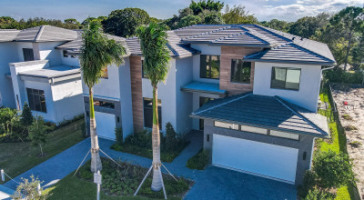
6 Beds | 6 Baths
Contact Craig at 561.246.1789
Offered at $2,895,000
More Info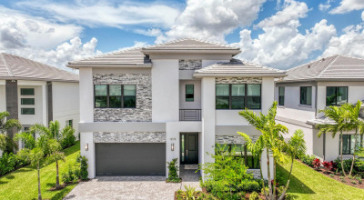
5 Beds | 7 Baths
Contact Craig at 561.246.1789
Offered at $1,430,900
More Info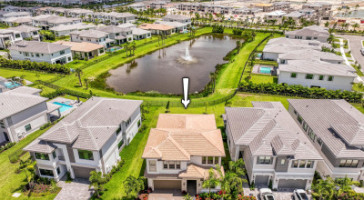
4 Beds | 4 Baths
Contact Craig at 561.246.1789
Offered at $1,247,900
More Info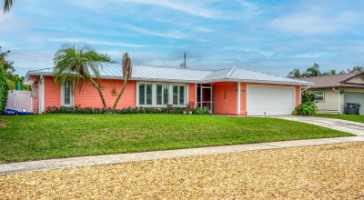
3 Beds | 2 Baths
Contact Daniel at 561.371.0904
Offered at $899,890
More Info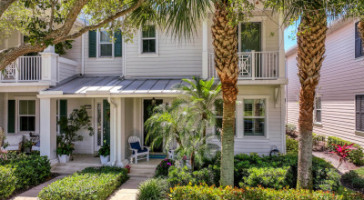
3 Beds | 2/1 Baths
Contact Charles at 561.319.3742
Offered at $645,000
More Info

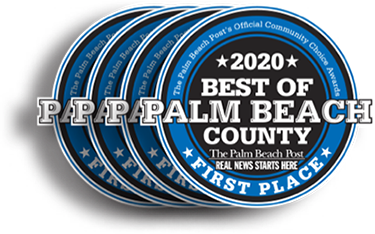
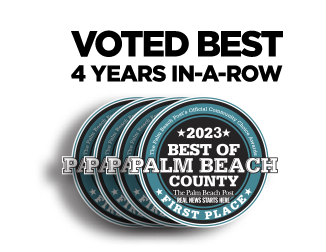
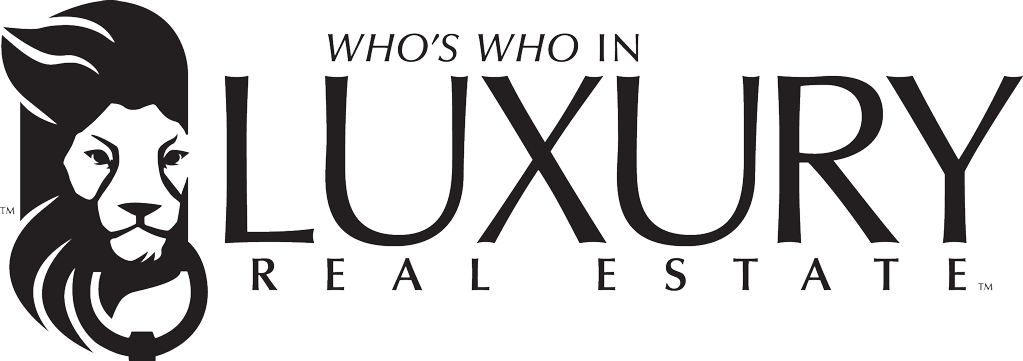
Echo Fine Properties, winner of Best Brokerage of the Palm Beaches in 2020, 2021 and 2022, is located in Palm Beach Gardens, Florida. We are a family-owned local brokerage that prides itself on having the finest full time luxury real estate agents who know the area backward and forward. Each agent is hand selected to join us for their knowledge of the area including golf club communities, gated communities, equestrian and ranch estates, condominiums, and waterfront and boating estates. Echo is unique in real estate in that our company pays for all marketing, advertising, and all support which is handled in-house. WE PAY, which lets the agent concentrate on our customers. Unlike other firms, agents never have to compromise the marketing budget. Our Home ECHOnomics Guarantee offers an unheard of 57-promises. This website consists of 5 separate MLS feeds, giving 100% accuracy ranging from Miami to Fort Lauderdale to Palm Beach to Martin County.
© 2020, © 2021 and © 2025 Echo Fine Properties, All Rights Reserved. Powered by Neutrino, Inc. Authored by Jeff Lichtenstein
Use of this website and information available from it is subject to our Privacy Policy and Terms & Conditions
or Create your MyHomes account today?

In only 30 seconds you will have full access to property, community info and SOLD data you can't get anywhere else.
